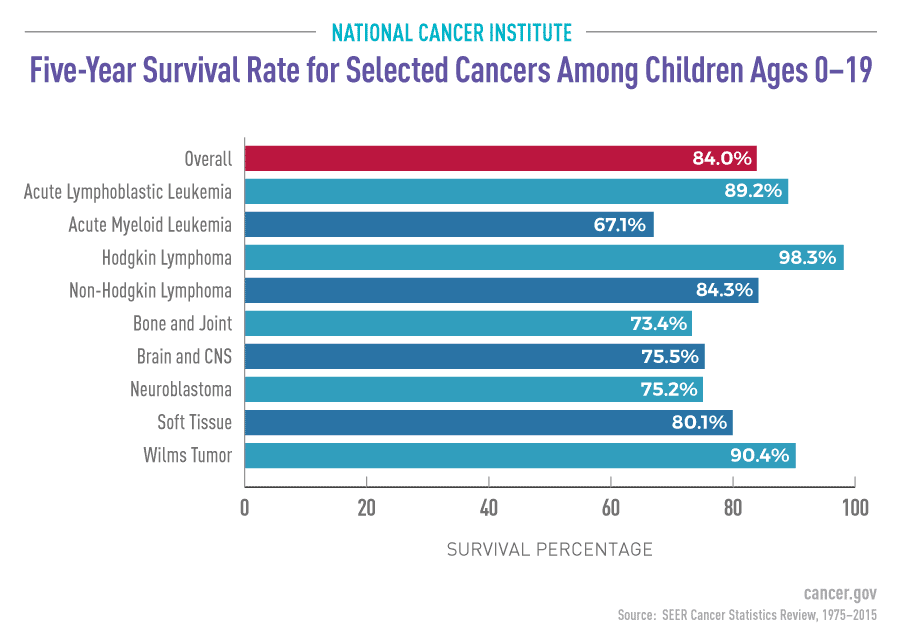Pediatric cancer recurrence is a significant concern for families navigating the challenges of childhood cancer diagnosis and treatment.Recent advancements in AI in medicine have shown promise in improving cancer risk prediction, particularly for conditions like gliomas, a common type of brain tumor in young patients.
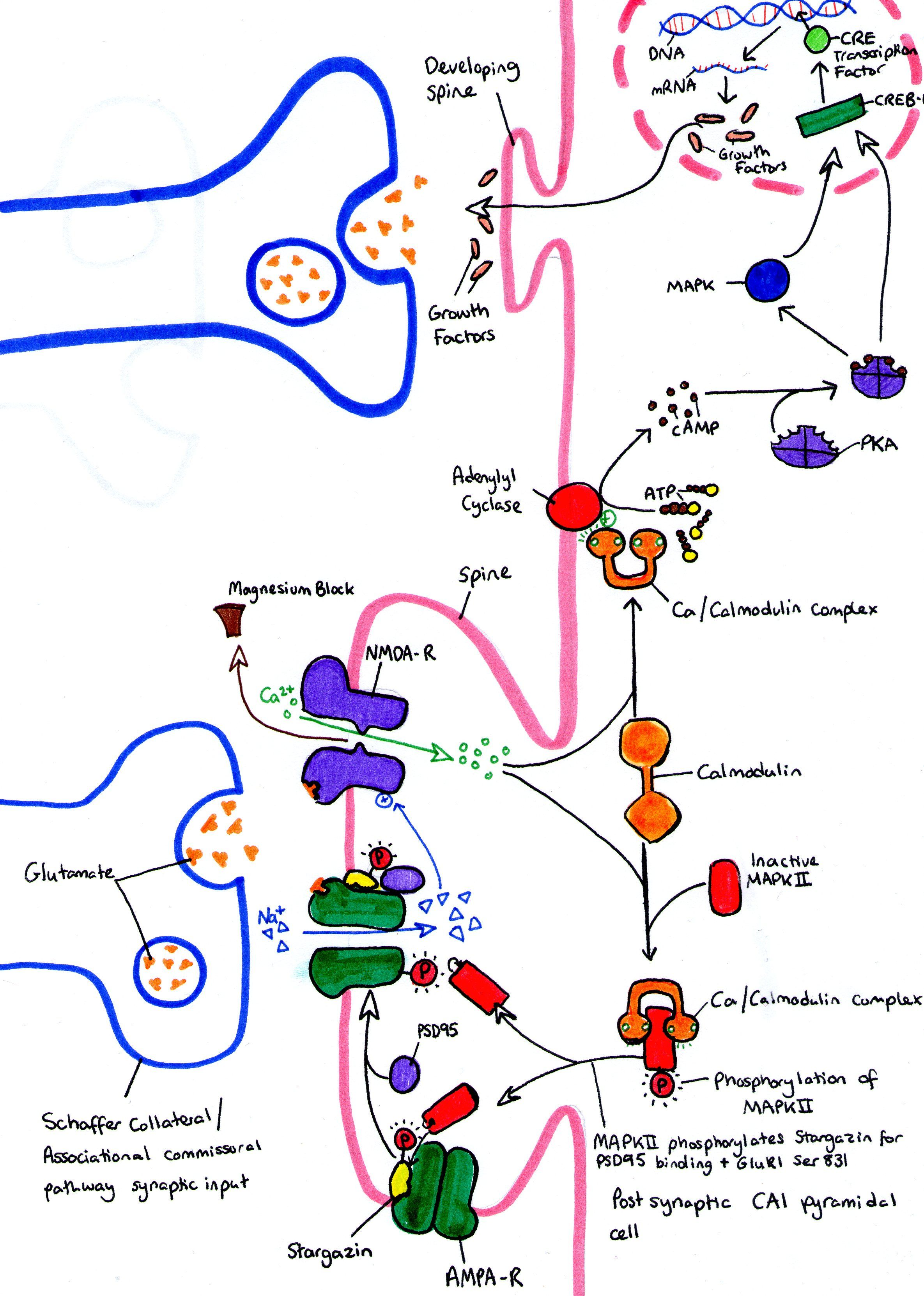
Mapping Synaptic Plasticity: A Breakthrough in Memory Research
Mapping synaptic plasticity is at the forefront of neuroscience research, shedding light on the crucial processes behind memory formation and learning mechanisms.This innovative approach delves into the intricate web of neuronal connections that define our thoughts and experiences, allowing us to understand how memories are created and retained.

Asian American Women History: Illuminate Exhibition Insights
Asian American women history has often been relegated to the sidelines, overshadowed by broader narratives of immigration and civil rights.Yet, an inspiring new exhibition at the Schlesinger Library is illuminating these hidden narratives and celebrating the often-overlooked contributions of Asian American women throughout the years.

Memory Formation: Groundbreaking Techniques Unveiled at Harvard
Memory formation is a fascinating process that intertwines the complexities of learning and memory within our brains.This intricate mechanism relies heavily on synaptic plasticity, which refers to the brain’s ability to strengthen or weaken synaptic connections based on experiences.
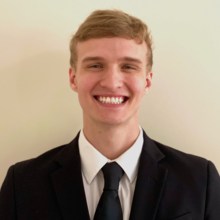
Jett Crowdis: A Journey from Grief to Medicine
Jett Crowdis is a rising star in the medical community, recently graduating from Harvard Medical School with a passion ignited by personal experiences with grief and healing.His journey into a medical career was profoundly shaped by his time as a camp counselor at Camp Kesem, where he worked with children who have lost parents to cancer.
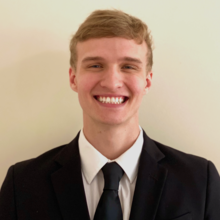
Jett Crowdis Harvard Medical School Journey and Inspiration
Jett Crowdis, a graduate of Harvard Medical School, embodies the profound connection between personal experiences and a medical career inspiration.His journey, marked by a pivotal encounter at Camp Kesem, opened his eyes to the meaningful patient connections that healthcare professionals can foster.

Asian American Women’s History: Illuminate Exhibition Unveiled
Asian American women’s history has often remained on the peripheries of mainstream narratives, overshadowed by broader historical discourses.Nevertheless, the recent exhibition at the Schlesinger Library illuminates these rich and diverse stories, bringing long-overlooked figures into the spotlight.
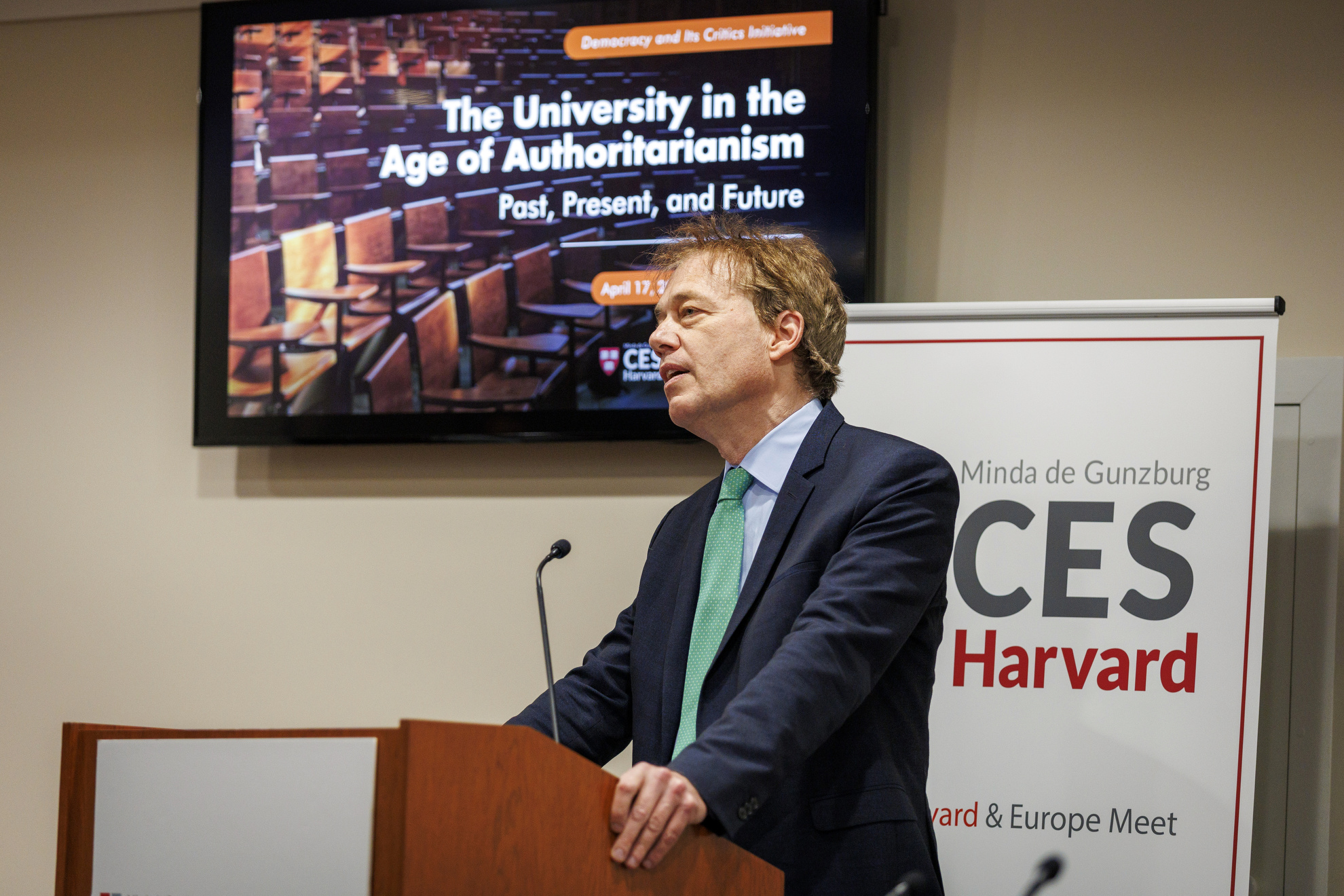
Academic Freedom: Lessons from History on University Conflicts
Academic freedom is a cornerstone of higher education, allowing scholars and students to engage in critical inquiry without fear of censorship or repression.This fundamental principle is increasingly under threat, as political climates shift and governments assert greater control over universities, raising concerns about the impact of state control on education.
Medical Anthropology: Arthur Kleinman’s Final Seminar Insights
Medical anthropology is a vital field that explores how cultural, social, and political factors influence health and illness.Recently, Professor Arthur Kleinman concluded his impactful seminar on the “Future of Medical Anthropology” at Harvard, where he emphasized the essential role care plays in improving the human condition.
Pediatric Cancer Recurrence Prediction with AI Technology
Pediatric cancer recurrence prediction is a critical area of research that aims to improve outcomes for children battling malignancies, particularly brain tumors like gliomas.Recent advancements in artificial intelligence (AI) have introduced powerful tools capable of analyzing multiple brain images over time, offering a more accurate assessment of relapse risks compared to traditional methods.
- Older Posts
- 1
- 2
- 3
- 4
- …
- 13
- Newer Posts
